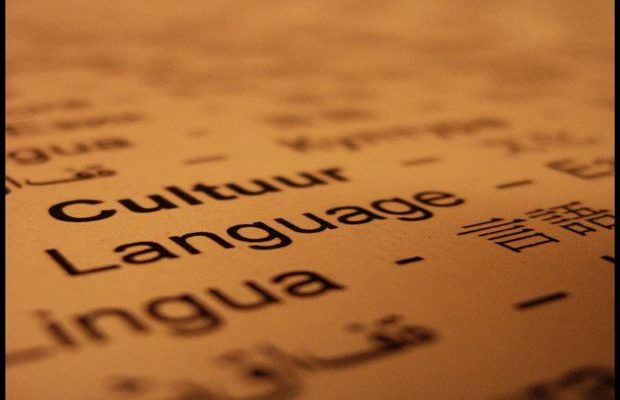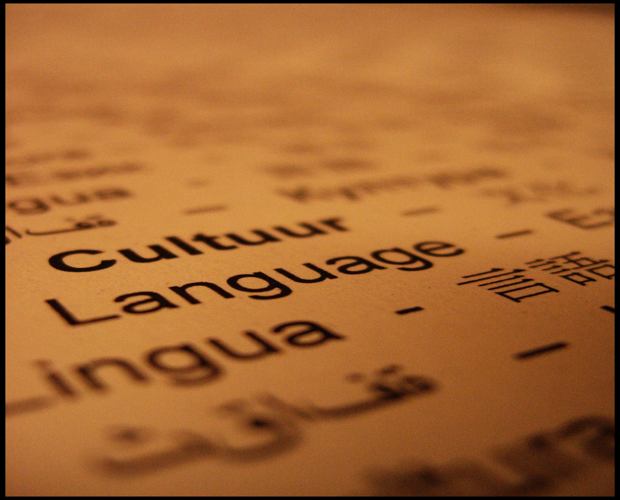Responsibility for our culture is with the words we use
One of the gifts of social media has been its ability to pull out of us an immediate spontaneity. Those who succeed on social media are alive to what they experience and pull a creativity out of themselves that is restricted by strategy or being too carefully thought through.
The other side of social media is that it is also alive to what restricts our immediate sense of expression. Being human, each of us has biases and protocols, small emotional protections put in place that filter hat we would rather not experience. In the social media accumulation, these biases become amplified. As such, as Micheal Margolis has thoughtfully articulated, the modern media experience has become exhausting. We are subject to streams of unconscious rather than the streams of conscious that made the pioneers and early adopters of social media so excited, and addicted.
Nowhere is this more obvious than in the language we use. The relentless codifying of experience means that words are fired off rather than felt. With the quick gasp more highly prized than the delicate impression, our words are becoming shallow and unanchored from real meaning. Elevating our quality of language has the potential to transform businesses and community through expecting greater responsibility from the listener.We have been released in so many ways from dogma in expression, we need a greater responsibility for the impact our words are having, and the kind of audience that, as communicators, we create. In some circles, people talk of brainprint as well as footprint. This is the psychological extension of sustainability, with an impact that perhaps precedes actions that might save the planet.
Speak softly, there are people listening
When someone speaks with consideration and calm, we feel it as a shock of consciousness. The poet Alice Walker’s piece reflecting on the killing of Trayvon Martin stood out amongst the humdrum of news on that day’s front page. Here were words – well-crafted in the bed of intellect and emerging from the heart – that demanded attention for their quality as much as their subject matter. We can steal a particle of learning from this, and apply such a quality of insight in more mundane matters, including business communications.
Think of what this might imply for our readership. As communicators, our audience will be elevated from one of scanning to one that is required to engage. We are not asking for a standard of education (except that of to read), but would be nurturing an inherent response in everyone to listen to themselves. My parents live in the countryside in Somerset, UK and visiting them I often listen to local people: how they say the words “rain” and “land”. Our writing and speech needs to become as resonant with our own experience. It needs to be invested in. Part of this is to assume responsibility for the experiences we have had: as rich and unique as anyone else’s. I cannot know but can imagine that Alice Walker’s words were not the result of being black and female, but responding to her marginalisation with a sense of listening, honed over decades, and letting this give rise to such regal expression.
Elevating the language of leaders and professionals would improve the way business is done. A trust in listenership is the same as a trust in action also. Placing responsibility on people’s shoulders for how they listen and interpret would add such a quality to the professional, and also for their clients. Tasks would be committed to rather than ordered, with people respected rather than told. We could think about the tone we use when communicating with others – whether in person or in writing – and think of what it expects from them, how it implies we would like them to be.
In doing so – through the words we use and the way we communicate – we stand a chance of enabling a culture whose intellect is not only alive but capable of slowness and consideration. With so much of modern communication economically driven, we risk it becoming a slave to business objectives rather than enriching lives. As such we risk our culture – a word whose Latin root means “cultivation of mind” – becoming a dust bowl such as that in Oklahoma in the 1930s: moulded by the market system, increasingly alien to ourselves. How much better if we become aware of the mental soil we are cultivating or exhausting with our words and that we use language to create positive outcome whatever our activity.
This is the first article in a series of four that looks at how language can be enriched in communities, business organisations and by leaders. Learn more about Simon at wordsthatchange.nl





